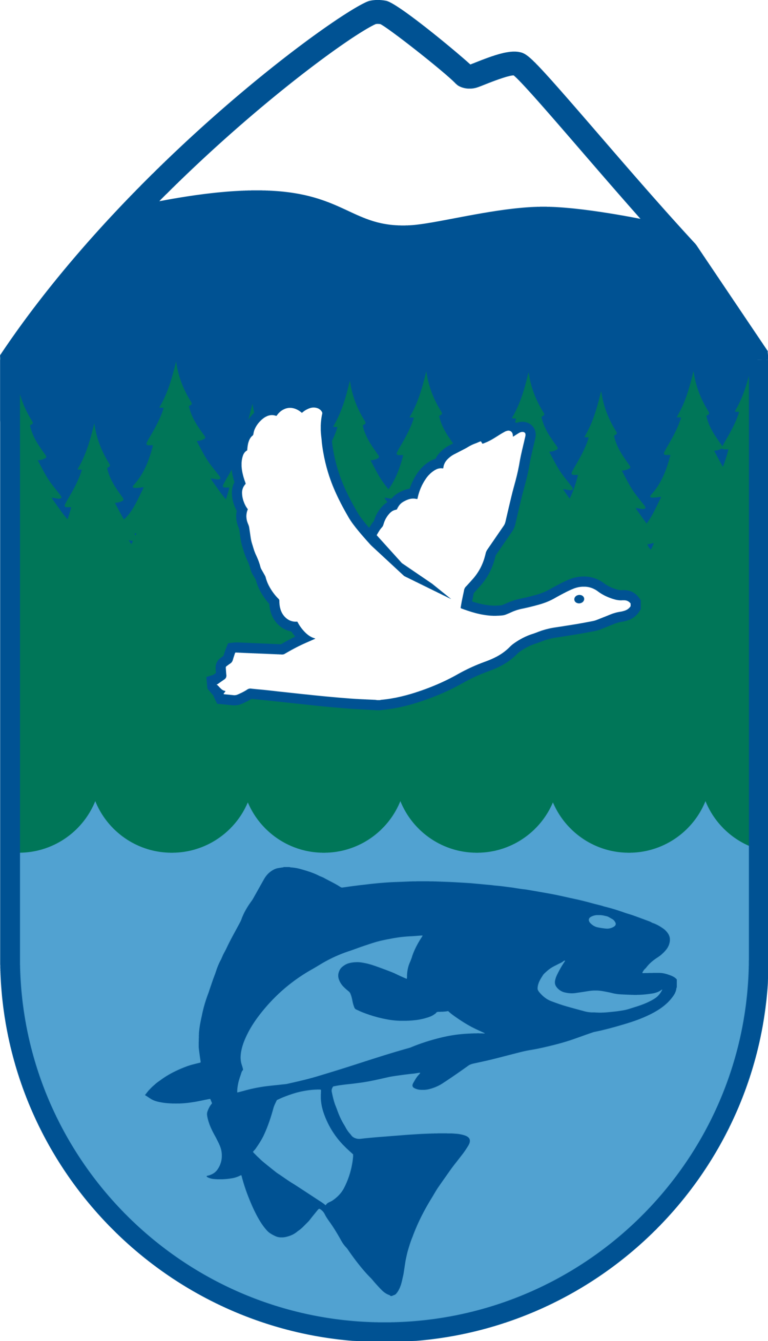On October 27th, Clean Rivers Cooperative hosted a Wildlife Training and Deployment Exercise. Clean Rivers Members participating in this training received Wildlife Deployment Credit from the State of Oregon, which is required every three years. This event was focused on training Clean Rivers members as well as regional stakeholders on three main categories. The first was the regulatory requirements for wildlife from the State of Oregon as presented by Scott Smith, Emergency Response Planner for Oregon Department of Environmental Quality. Following this was a presentation on the equipment owned by Clean Rivers Cooperative as well as that owned by MSRC which are shared through a mutual aid agreement between the two organizations. The scalability and flexibility of deployment that the combined system provides offers application in a wide range of situations. But it is critical to understand the logistical requirements to support this equipment during the activation process. Lastly, presentations from Michelle Bellizzi, Response Services Manager, International Bird Rescue, demonstrated the complex process of Wildlife Rescue and Rehabilitation. From the teams who are out in the field capturing impacted wildlife, to the stabilization and cleaning process that the wildlife are taken through, and the rehabilitation and release process, understanding what goes into Wildlife Rescue and Rehabilitation is critical. The duration of a wildlife response may continue after the majority of oil spill cleanup operations have concluded.
After the classroom sessions concluded participants transitioned to the Port of Portland where the full system was setup and displayed. A tour of the various components was presented to the participants. This also provided Clean Rivers, MSRC and contractors to exercise the systems and ensure that all components are functioning and ready to deploy in the event of an emergency.
This training was well attended with 39 participants from a mix of Clean Rivers Members, Regulatory Agencies, response contractors, and industry partners. We will continue to evaluate new opportunities to educate members and the greater community on the various components that come together during an oil spill response. The development of training events such as this are key components in ensuring we are coordinated and prepared for any incident that may arise.

